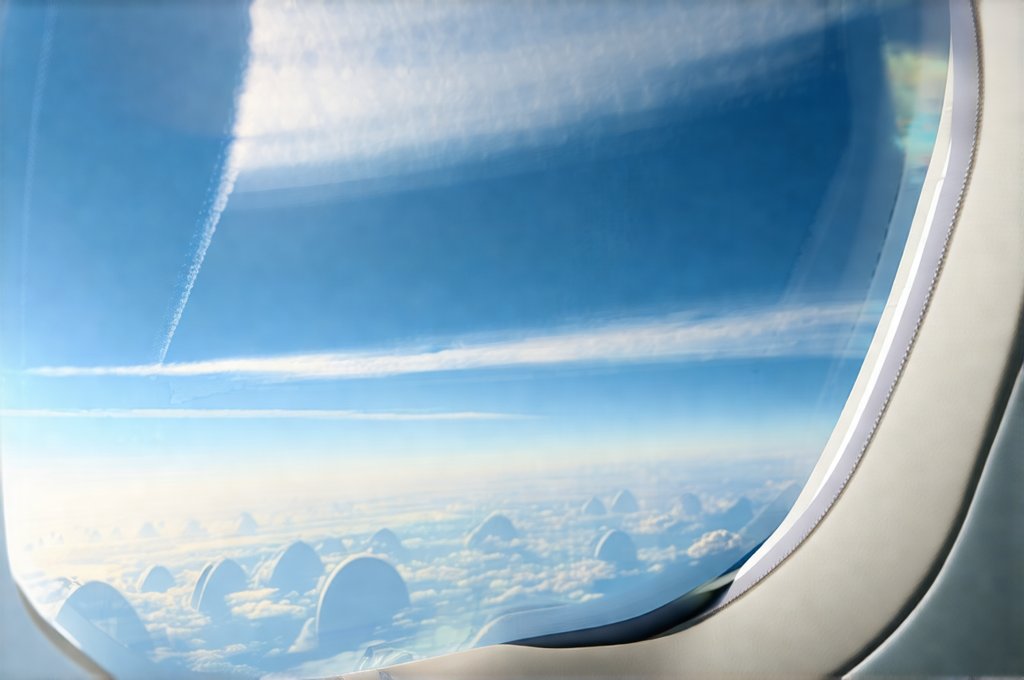Long flights are a marvel of modern travel, connecting us across vast distances in relatively short amounts of time. However, for many individuals, particularly those with pre-existing conditions like a sensitive bladder, the experience can be fraught with anxiety and discomfort. The cramped seating, limited movement, and prolonged duration all contribute to potential challenges, making what should be an enjoyable journey a source of stress. Planning and preparation are absolutely key; it’s not simply about enduring the flight but proactively managing potential issues to ensure a more comfortable and relaxed experience.
The core issue isn’t necessarily having a weak bladder, but rather how travel exacerbates existing sensitivities. Factors like cabin pressure changes, beverage consumption, and even psychological stress can all contribute to increased urgency and frequency of urination. Understanding these triggers and implementing strategies to mitigate them is crucial. This article will explore practical tips and techniques for staying comfortable during long flights if you experience bladder concerns, focusing on proactive steps before, during, and after your journey. It’s about regaining control and transforming potential discomfort into a manageable travel experience.
Pre-Flight Preparation: Minimizing Anxiety & Planning Ahead
The foundation of a comfortable flight begins well before you step onto the plane. Proactive planning can significantly reduce anxiety and give you confidence that you’re prepared for any eventuality. This includes both physical preparation – what you pack, how you hydrate – and mental preparation – managing expectations and reducing stress. Don’t underestimate the power of a checklist; it ensures nothing is forgotten and provides peace of mind.
One crucial step is to discuss your concerns with your physician. While this article doesn’t offer medical advice, understanding any underlying conditions and potential medication options (if appropriate) can be incredibly helpful. Additionally, consider contacting the airline in advance to inquire about accessibility options or specific seating arrangements that might provide easier access to restrooms. Knowing what resources are available can alleviate pre-flight anxiety. If you’re concerned about bladder issues during travel, it’s also worth reviewing how to stay dry and comfortable with bladder issues for additional support.
Finally, carefully consider your packing list. Beyond essential travel items, include absorbent materials like extra underwear and wipes, just in case of accidents. A small, discreet change of clothes is also a wise precaution. Remember to prioritize comfort over style when choosing clothing – loose-fitting garments are less restrictive and can reduce pressure on the bladder.
During Flight Strategies: Managing Urgency & Staying Comfortable
Once airborne, maintaining control becomes paramount. The key here is proactive management rather than reactive responses. This involves mindful hydration, strategic timing of fluid intake, and utilizing techniques to minimize urgency. Remember that cabin air is notoriously dry, which can irritate the bladder, so staying hydrated is vital but needs to be balanced carefully.
Avoid excessive caffeine and alcohol consumption. Both are diuretics, meaning they increase urine production, exacerbating existing bladder sensitivities. Instead, opt for water or diluted juice. Sip fluids slowly throughout the flight rather than gulping large amounts at once. Consider timing your fluid intake around restroom breaks – for example, limiting intake an hour before landing.
Furthermore, utilize distractions to help manage anxiety and potential urgency. Engage in activities like reading, listening to music, or watching movies. Deep breathing exercises can also help calm nerves and reduce the sensation of needing to urinate. Don’t hesitate to inform a flight attendant about your concerns; they are often happy to assist with providing extra pillows for support or facilitating quicker access to restrooms if needed.
Restroom Access & Discreet Management
Navigating restroom queues on a long-haul flight can be stressful for anyone, but particularly so when dealing with bladder urgency. Plan ahead and identify the location of restrooms as soon as you board. Consider choosing a seat closer to these facilities if possible (though balance this with other comfort considerations). Don’t feel embarrassed to politely ask others to move aside if needed; most people are understanding.
If you anticipate needing frequent restroom visits, consider asking a flight attendant if there’s a less-used lavatory available or if they can temporarily reserve one for your use during peak times. Discreetly managing any accidents is also important. The change of clothes and absorbent materials packed in advance will prove invaluable here. Remember to remain calm; panicking only exacerbates the situation. Planning for road trips can be similarly stressful – how to stay comfortable during a UTI road trip offers helpful advice.
Comfortable Positioning & Movement
Prolonged sitting can put pressure on the bladder, increasing urgency. Regularly changing your position – shifting weight, stretching legs – can help alleviate this pressure. Get up and walk around the cabin (when permitted) every couple of hours to promote circulation and reduce discomfort. Consider using a small travel pillow to support your lower back and maintain good posture.
Avoid crossing your legs for extended periods, as this can restrict blood flow and potentially worsen bladder symptoms. Maintaining proper hydration also contributes to better overall bodily function, including bladder control. Even subtle movements can make a significant difference in comfort levels throughout the flight.
Managing Anxiety & Psychological Stress
Anxiety is often a major contributor to increased urinary frequency. The fear of needing to go during an inconvenient time or being unable to access a restroom quickly can create a self-fulfilling prophecy. Practicing relaxation techniques, such as deep breathing exercises or mindfulness meditation, can help manage these anxieties. Focus on calming thoughts and visualize a successful journey.
Consider bringing along comforting items – a favorite book, a soothing playlist, or even a small stress ball – to distract yourself from anxious thoughts. Remember that most people experience some level of anxiety during travel; you’re not alone. Acknowledging your feelings and actively working to manage them can significantly improve your overall comfort level. Don’t hesitate to engage in positive self-talk and remind yourself that you are prepared for the journey. If frequent UTIs are a concern, exploring best ways to stay comfortable with a UTI can provide valuable insights.





















